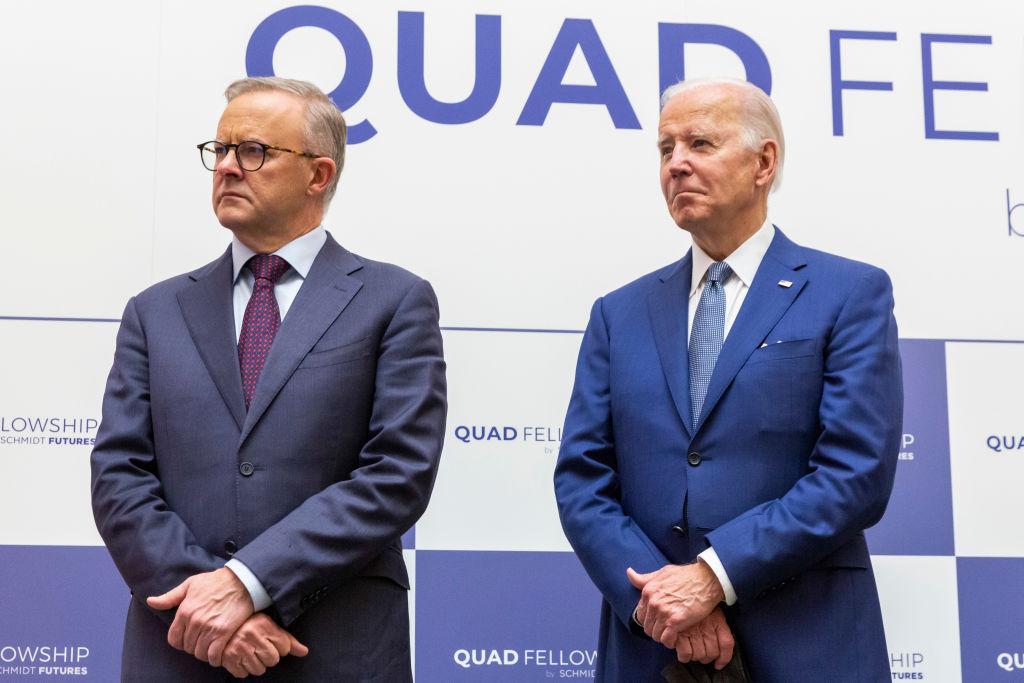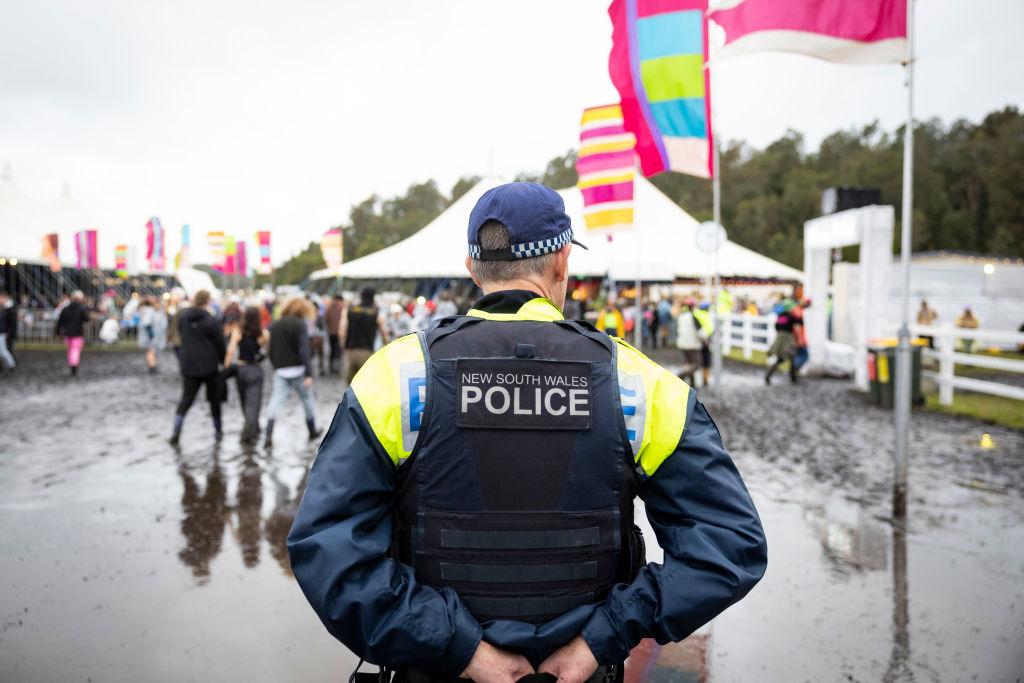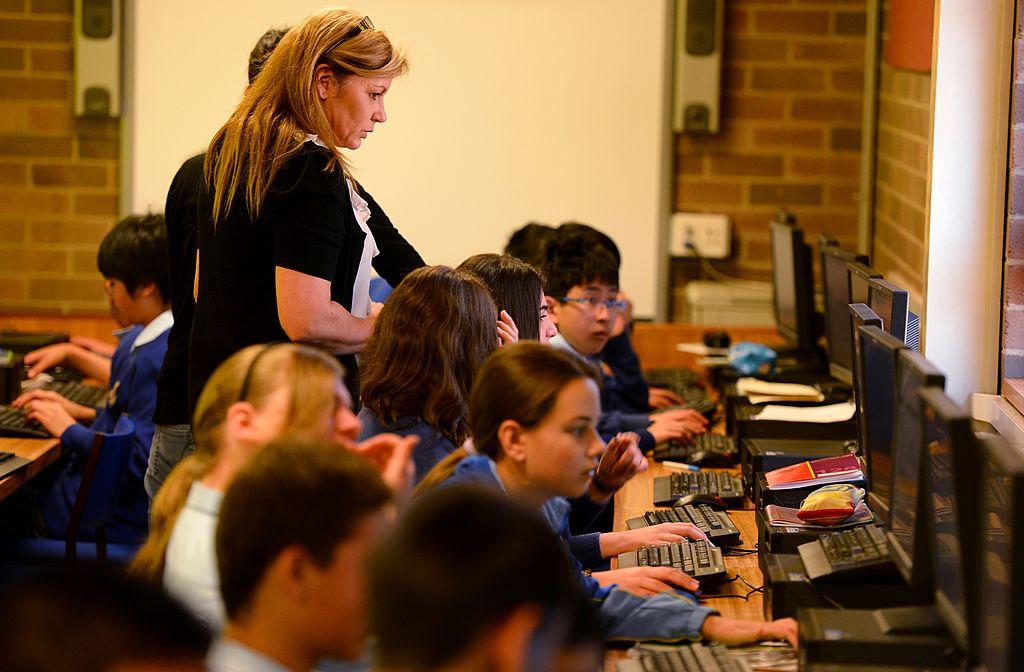Australian Prime Minister Anthony Albanese should change plans and visit Israel on his return from the United States, an opposition frontbencher said on Oct. 24.
Mr. Albanese is currently in Washington D.C. to meet with U.S. President Joe Biden, where he is expected to discuss the situation in Israel and Gaza and focus on building the alliance between the United States and Australia.





